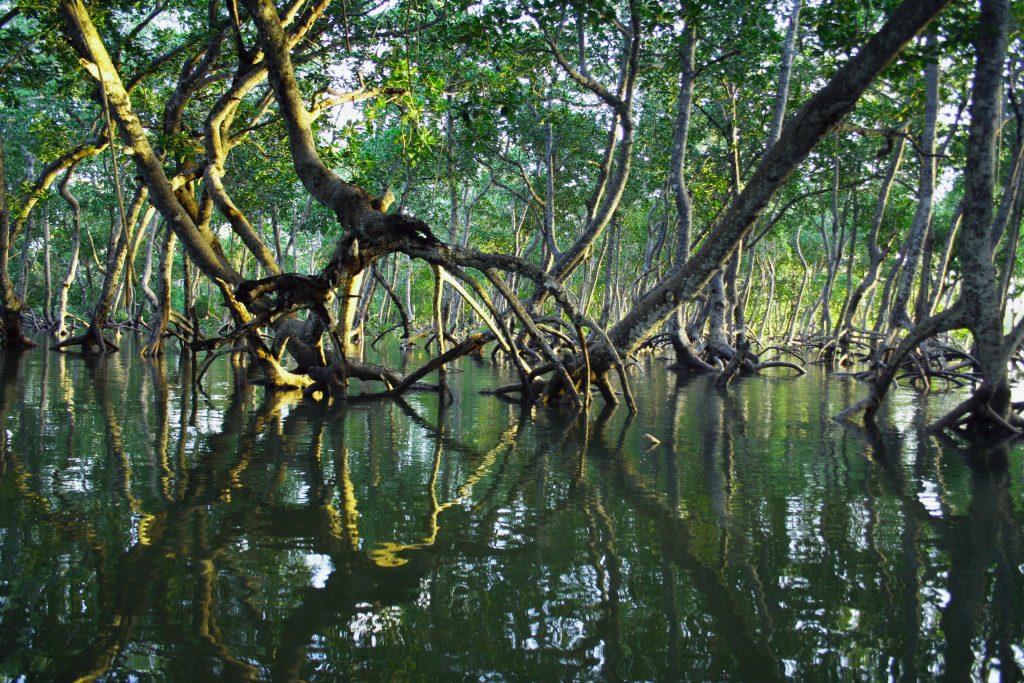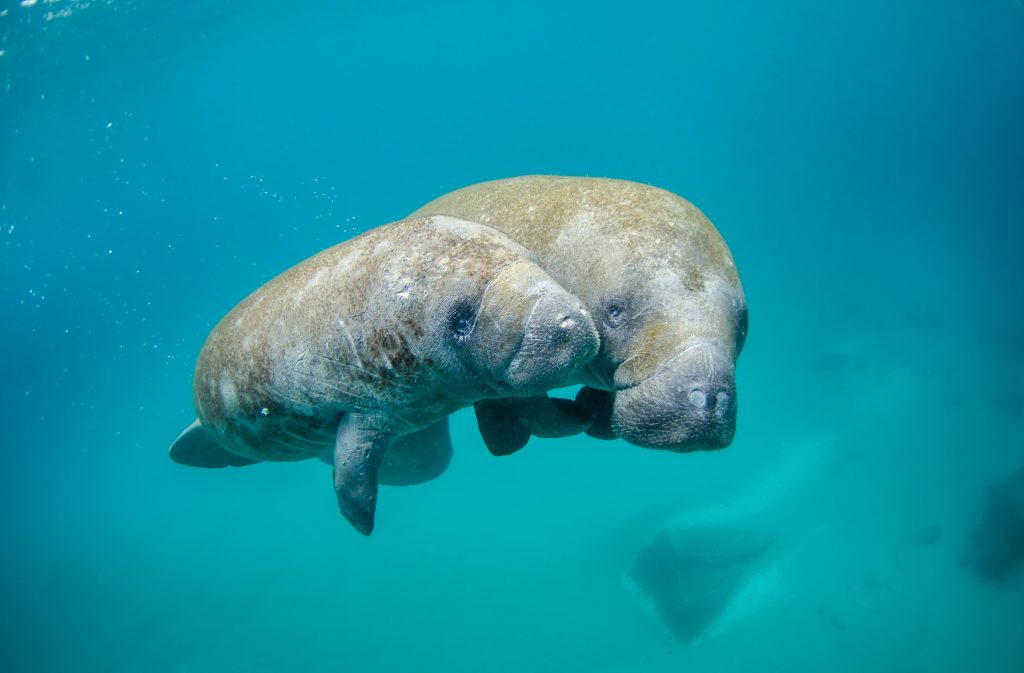Four major lessons I learned from my EPM MSc classes

By Win, MSc Environmental Protection and Management
In the blink of an eye, eight months have passed since I arrived in Edinburgh in early September 2019 to begin my postgraduate study in MSc Environmental Protection and Management. With the submission of my final assignment in mid May, the second semester has finally concluded and now I am working on my dissertation project. Here, I would like to highlight several key lessons I learned from my classes so far. Each has a significant impact on my take on conservation.

Finally done with my last assignment! Freedom, oh wait, I need to work on my dissertation now. Photo by Tan Win Sim.
- You do not have to understand how a GPS unit works to use it.
Inquisitiveness is a beneficial trait. To be frank, however, it is difficult to master everything. After all, a jack of all trades is a master of none. At times, it might be better to give up overly abstruse topics (after repeated attempts, of course) and focus on those which you can grasp comfortably instead.
The realization struck me when I tried to figure out how a particular statistical package works in a modelling class. Understanding what each coding line does was a painfully arduous process. I did not relent until someone said to me, “You have been trained as a biologist, so unless you want to be a statistical programmer, you don’t have to understand every single coding line. What truly matters is that you know how to interpret the outputs, especially when they are erroneous.”
While it is impressive to know how exactly a GPS unit works (e.g. its electronic board and the satellite networks it is connected to), it is often good enough if you know how to use one and when not to follow the directions it provides.
- Changing public perception and attitudes is an extremely time-consuming process.
It can be utterly frustrating to try convincing the public to change their attitude and behaviour. The acceptance of seatbelts and climate emergency are two excellent examples.
I learned that it took years of strict enforcement and perpetual education before the public was finally convinced that seatbelts help to reduce the risk of death or serious injury significantly in the event of a car crash. Or, in the case of climate emergency, the awareness did not emerge until almost thirty years after the IPCC first assessment report (which highlighted that the rise in the global temperatures was indeed caused by human activities) was published in 1990.
Time is a pivotal ingredient to the success of any public awareness campaign. It is always so tempting to throw in the towel given the public’s seemingly indifferent attitude towards conservation, so I have to remind myself repeatedly that conservation is a long-drawn-out battle and one should not give up too easily.

It took almost three decades before the threat of climate change was finally recognized as a global emergency. Photo by Callum Shaw on Unsplash.
- We should look beyond the conventional approaches to tackle conservation.
The conventional approaches such umbrella species (i.e. protecting one species indirectly protect other species) and protected area (i.e. protecting one area through legislation to preserve an entire ecosystem) should sound familiar. While they have been rather effective, we should not get too complacent with the status quo.
Climate change, in particular, offers an interesting angle to tackle conservation issues. Nature-based solutions such as green infrastructure, mangrove restoration and tree planting are very promising. Other than providing climate change mitigation and adaptation services, they are often beneficial to biodiversity conservation while providing a variety of ecosystem services such as carbon sequestration, flood mitigation, pollution control, urban beautification and water security. So, why do we not pursue climate change mitigation and adaptation measures that will clearly benefit biodiversity more aggressively?
Admittedly, the conventional approaches to tackle conservation have been losing their appeal to the general public, especially the younger generations. Taking the climate change angle might be the way forward.

Mangrove forests protect our shorelines from damaging weather, provide us a cornucopia of seafood and offer a sanctuary to a diverse variety of wildlife. That’s why we should protect our mangrove forests. Photo by Timothy K. on Unsplash.
- Environmental protection does not always go hand in hand with conservation.
Yes, the two are not always compatible, as evidenced by the conservation conundrum of manatee in Florida.
As marine mammals, manatees are particularly vulnerable to cold stress in winter, so they will seek out warmer waters when the water temperature falls below 20°C. Historically, manatees used to migrate south or congregate at spring-fed rivers. Warmwater discharge from power plants, however, provided them alternative winter refugees, although the thermal pollution from power plants is detrimental to the local ecosystem. In the end, to ensure the survival of the manatees, old power plants are exempted from meeting the performance standards that aim to mitigate the impacts of thermal water pollution.
This is a rare case where conservation of a single threatened species is prioritised over mitigating an anthropogenic pollution that affects a whole ecosystem. There is truly no right or wrong, only a difference of perspective. And we have to choose which is more important.

Will you choose to prioritise manatee conservation or stop the thermal pollution caused by power plants? There is no easy answer. Photo by NOAA on Unsplash.
Needless to say, talk is cheap. If all goes well, I should be able to obtain my MSc degree by November. And then it is time for me to head back to the career world and I actually look forward to applying what I have learned to real-life conservation situations.
My friends, while the road ahead is arduous and long, we shall fight on and never give up on the beautiful tomorrow easily.
Win Sim, MSc Environmental Protection and Management
Follow us on Instagram or Twitter for more updates from our Geosciences students!



